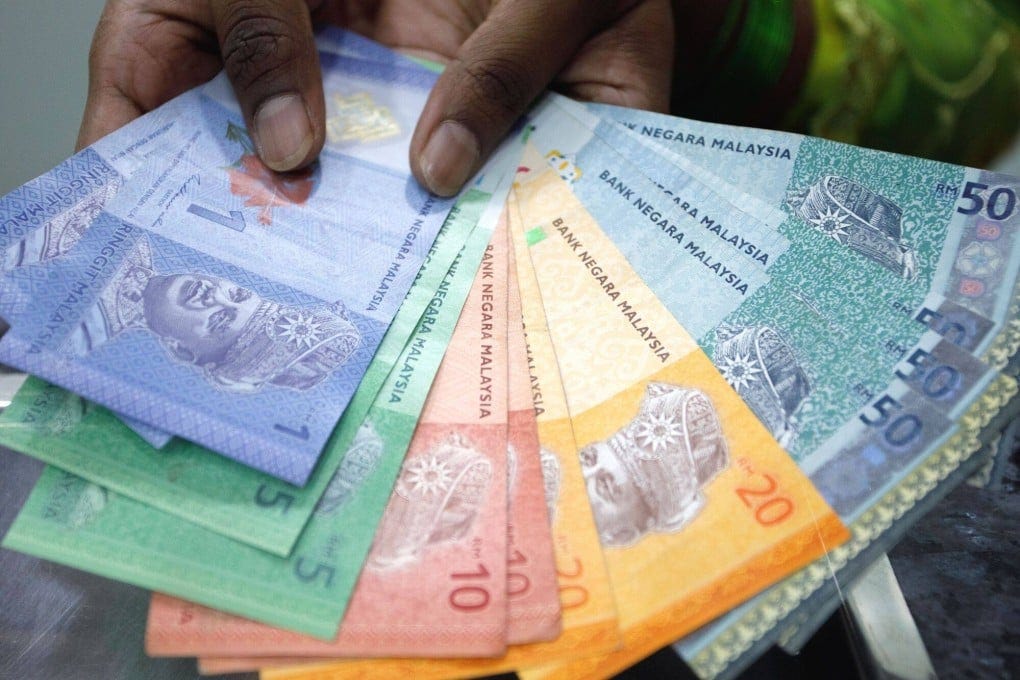
Murray Hunter
Why is the Thai minimum wage higher than the Malaysian minimum wage?
Thailand’s economic philosophy is people centred
Oct 31, 2024

The Madani government and its spokespeople have been talking up the success of the Malaysian economy. Unemployment is low, FDI is coming in, the Ringgit is recovering, exports are robust and GDP is growing over expectations.
This is great news for the elite classes. However, the budget overlooks the rest of the country, that is in real need.
One of the most important indexes is the minimum wage. And, yes, Anwar during his budget speech talked about raising the minimum wage from RM 1,500 to RM 1,700, following the massive pay rises given to public sector employees.
However, the fact is the current minimum wage in Malaysia is actually lower than the current Thai minimum wage. The minimum wage in Thailand is Baht 12,000 per month (based upon Baht 400 per day), this equates to RM 15,555 per month.
So today, the minimum wage in Thailand is actually technically higher in Thailand. Many will argue that not all are receiving this amount. Yes, this is very much the case in Malaysia. After checking people in the farm and restaurant sectors in Southern Thailand, all reported that’s what they are getting paid.
Why is the Thai minimum wage higher than the Malaysian minimum wage?
The answer comes from the way economics is perceived in Thailand. The Thais have focused on raising productivity, as a basic business principle, not as a macro-economic principle. Increasing productivity is about increasing profits from the point of view of the business community. However, instead of looking at impractical solutions like INDUSTRY 4.0, the Thais examined other ways of raising productivity.
Productivity is very simply calculated by dividing outputs by the inputs needed to create the output. The Malaysian economists have always looked at lowering the cost of inputs and using big people unfriendly corporations to create the mythical economies of scale. That’s why in Malaysia, there are GLCs everywhere. Even your phone communications providers are GLCs. Socialist economics just doesn’t raise productivity. Just imagine how much motivation people have working in these massive GLCs where your superior is king. Its not going to make you wake up excited every morning to go to work.
In Thailand the economists (influenced by a foreigner Michael Porter) looked at the other end of the productivity equation. They focused on output. Very simply, if you can raise the value of your output, you raise productivity.
So, they went to work on this. One Tambun One Product (OTOP) was launched in every village in Thailand to add value to their outputs. At the night markets stalls introduced fusion foods, adding revenue to their sales per stall. Smallholder became business people and sold branded produce that is valued by consumers. That’s why the minimum wage in Thailand has now surpassed Malaysia.
I have lost trust in the economic data released in Malaysia (that’s another story). I look at other “non-conventional” measures that were used in developmental economics in the 1950s and 60s. For example, domestic prostitution in Malaysia has risen to levels that existed in Malaya back in the 1950s and 1960s. Only this time its well hidden because seller and buyer meet on the internet. The people engaged in this industry are not just foreigners, there are many Malaysians, not just non-Malays.
This is an important measure that all is not well in society today, and there is a lot of hidden poverty, economists are failing to identify.
If this keeps up, Indonesians will no longer come to Malaysia as maids, Malaysians will be going to Indonesia as maids.
"Many will argue that not all are receiving this amount." Thus glosses over important basic facts,
ReplyDeleteThe Thai minimum wage only covers larger employers in their Formal economy.
The majority of Thailand are employed in the Informal economy, and earn way below their Official Minimum Wage.
Of course, Malaysia also has an informal economy, but a far higher proportion of Malaysians work in the formal economy.
I know for a fact - 100% of my organisation's employees are formal, subject to labour law. As I know, A high proportion of my suppliers employees are formal, perhaps not 100%.
So Murray Hunter's write up about the two countries different minimum wages is largely meaningless.
"meaningless"!
DeleteMfer, what u have farted apply throughout the whole western capitalistic world. Their transparent informal economy supports their cozy lives w/o exception & propping up their economy with the blood, sweat & tears of those invisible migrants.